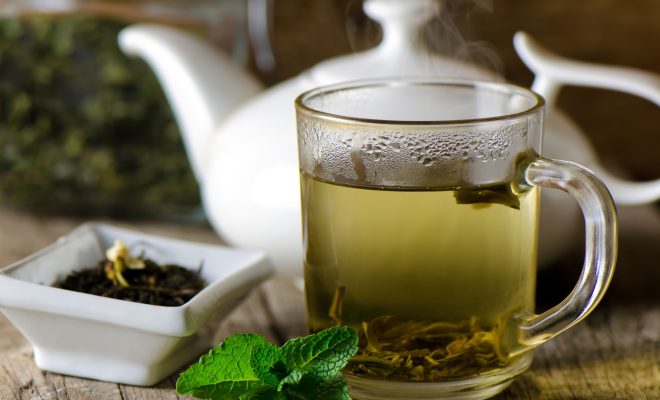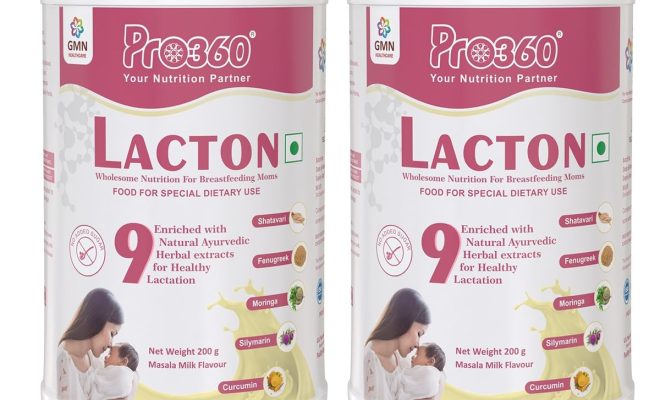8 Best Anti-Inflammatory Teas to Soothe Swelling, Pain and More

Inflammation can be a natural response of the body to protect itself from harm, but chronic inflammation can lead to various health problems. Incorporating anti-inflammatory teas into your diet is a delicious and soothing way to potentially reduce inflammation, swelling, pain, and more. Here are eight of the best anti-inflammatory teas:
1. Ginger Tea: Ginger contains gingerol, which is known for its powerful anti-inflammatory and antioxidant properties. Regularly drinking ginger tea may help reduce muscle pain, joint pain, and swelling.
2. Turmeric Tea: The active ingredient in turmeric is curcumin, a compound with strong anti-inflammatory effects. Turmeric tea can be beneficial for managing conditions like arthritis due to its ability to decrease inflammation throughout the body.
3. Green Tea: Rich in polyphenols and catechins, green tea is renowned for its anti-inflammatory benefits. EGCG (epigallocatechin gallate), in particular, is a powerful antioxidant that helps fight inflammation.
4. Peppermint Tea: Peppermint contains menthol, which has natural analgesic and anti-inflammatory properties. Peppermint tea can help soothe an upset stomach as well as reduce inflammatory pain.
5. Chamomile Tea: Known for its calming effect, chamomile tea is also an excellent anti-inflammatory option due to the presence of flavonoids that can help reduce inflammation.
6. Rose Hip Tea: Rose hips are filled with vitamin C and antioxidants which have been shown to have anti-inflammatory effects. Rose hip tea might be particularly helpful for osteoarthritis discomfort.
7. Eucalyptus Tea: The eucalyptol found in eucalyptus leaves has been studied for its potential to reduce inflammation and alleviate pain, making eucalyptus tea another excellent choice for an anti-inflammatory beverage.
8. Willow Bark Tea: Often referred to as “nature’s aspirin,” willow bark contains salicin—a compound similar to aspirin that has been used to treat pain and inflammation for centuries.
Remember that while these teas may offer some benefits regarding inflammation and related symptoms, they should not replace medical treatments prescribed by a healthcare professional. Always consult with your healthcare provider before making significant changes to your health regimen, especially if you’re pregnant or on medication that could interact with herbal substances.






